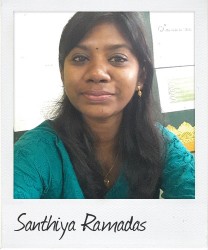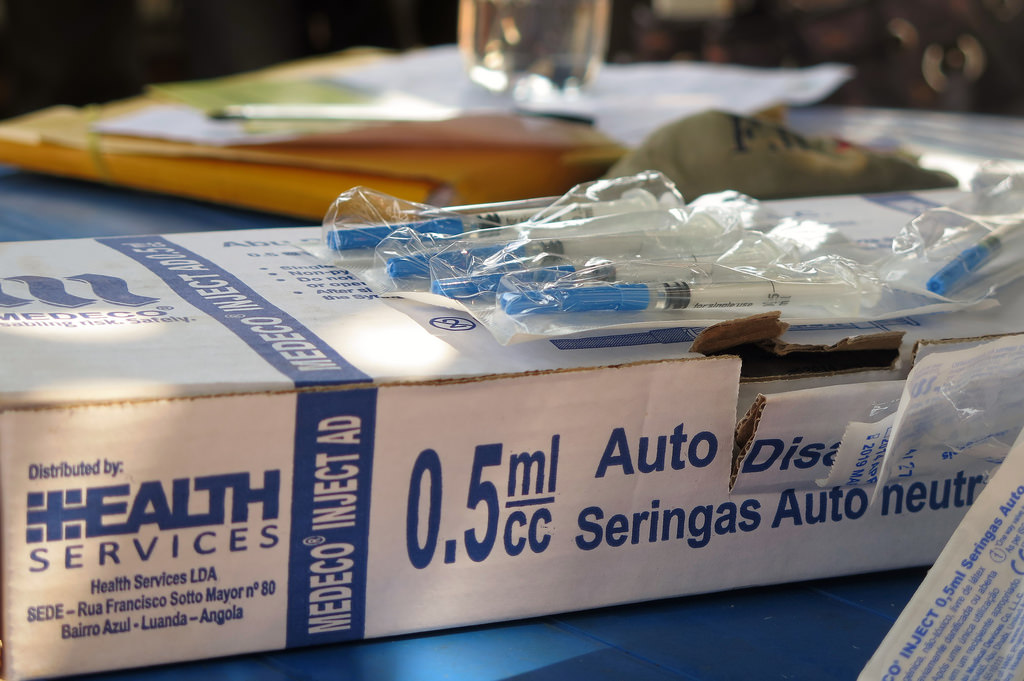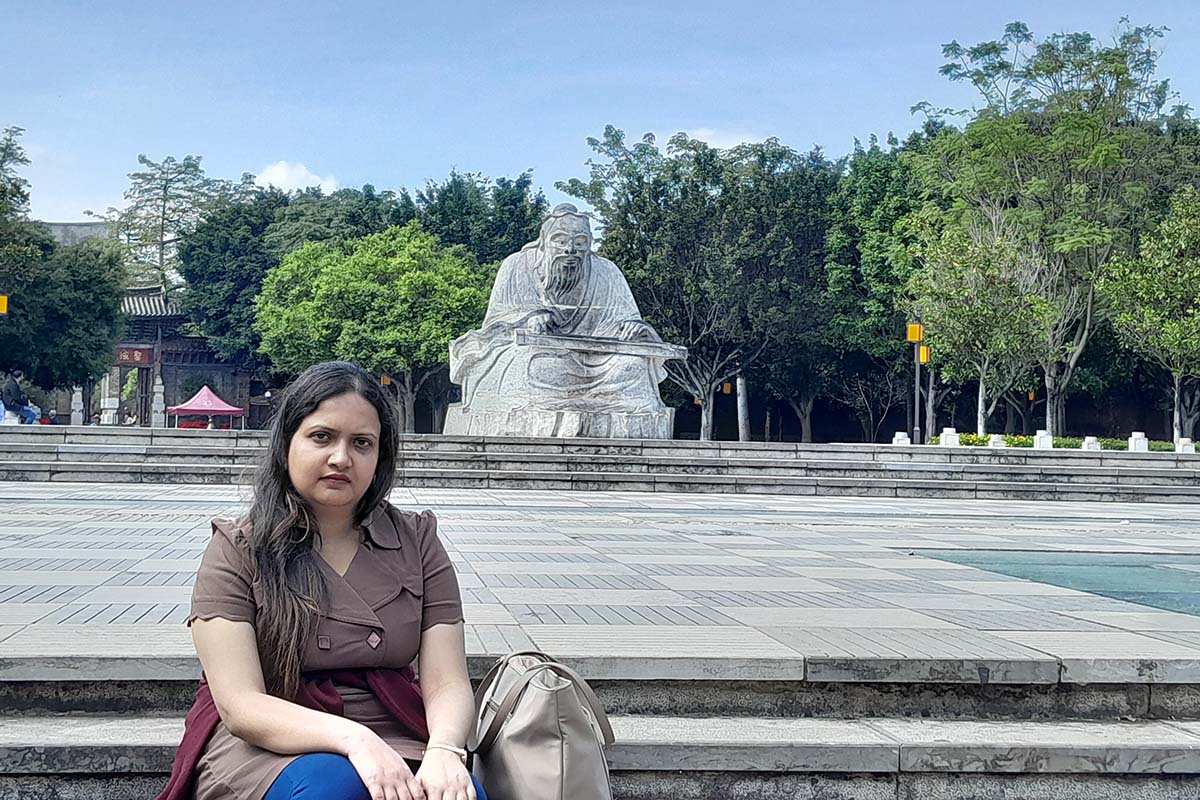“Diseases, vaccinations and religious beliefs”
August 18 An infectious outbreak raises questions about personal choice and public health, writes Santhiya Ramadas, 26, a Correspondent from Malaysia, as she looks at the issue of vaccinations.
An infectious outbreak raises questions about personal choice and public health, writes Santhiya Ramadas, 26, a Correspondent from Malaysia, as she looks at the issue of vaccinations.
There is a current fear among Malaysian parents over the outbreak of the Hand, Foot and Mouth Disease (HFMD) which the nation’s authorities are taking urgent and crucial measures to contain.
According to the HFMD Guidelines released by Malaysia’s Ministry of Health in 2007, the disease is a benign and common illness among children and infants, typified by rapidly ulcerating vesicles in the mouth and lesions on the hands and feet. Although it is an endemic disease in Malaysia, its current outbreak and the resulting deaths of children and infants have made the disease a major public health concern.
Hand, Foot and Mouth disease (HFMD) is contagious. Infection is spread from person to person by direct contact with nose and throat discharges, saliva, fluid from blisters, or the stool of an infected person. The curing process could take a long time thereby increasing the risk of contagiousness. Therefore, it is of utmost importance to prevent the disease or curb it at the beginning.
Apart from the outbreak itself being a massive concern for public authorities, there are accompanying issues to deal with concerning parents opposed to the vaccination of their children. Some parents have chosen not to vaccinate their children based on their personal research, experience as well as religious belief.
It is the opinion of some of such parents that vaccination might have very harmful side effects on their children. A vaccine typically contains a weakened or killed form of a disease-causing microorganism’s microbe (www.who.int). Its toxin or microbe is basically used to trigger the immune system in the body to fight against it. Some parents feel that this amounts to their allowing viruses to be voluntarily injected into their children’s bodies.
On another notion, there are also a few parents who have decided not to vaccinate their children on the basis of religious beliefs. Some Muslim parents fear that the vaccines are non-halal since the contents of the vaccine might include non-halal sources such as pig stomachs, monkey hearts and other animal sources. One of my friends who refuses to vaccinate her baby shares such sentiments. She feels that as a Muslim, all babies are created perfect as stated in the Quran, and that they do not have to depend on unnatural sources to protect themselves. Another parent I know is of the opinion that although it is up to parents to vaccinate their children or not, decisions not to vaccinate are unfair to the children involved and furthermore, exposes other children to the risk of infection.
According to the Malaysian Minister of Health, Dr. Subramaniam, the number of parents rejecting vaccination for their children has more than doubled in the past three years, causing an increase in vaccine-preventable diseases. In regard to this issue, the National Fatwa Council, which is Malaysia’s highest Islamic body, has permitted the use of the vaccination under Islamic law, including those with non-halal components, in the absence of halal alternatives.
In general, there are no rules compelling parents to get their children vaccinated; few countries have such rules. Still, for how long can we allow personal choices that can cause a significant impact on not just people’s children, but also other children to be overlooked?
Although the current anti-vaccination trend has been creating lots of worries, it has also prodded a new venture for Malaysia into the pharmaceuticals market. In 2018, Malaysia will be operating the world’s first halal vaccine facility. The country’s Halal Industry Development will begin to start their work on the first halal-certified vaccine by the end of 2017. They are planning on producing all types of basic as well specialised immunisation vaccination for children.
Yet, can parents really afford to wait for the halal-certified vaccines and allow their children to be susceptible to the risk of getting serious infections? This is a question that has to be carefully pondered upon and answered by the parents themselves.
photo credit: p-AGO0136 via photopin (license)
…………………………………………………………………………………………………
About me: I am a young and ambitious secondary school English Language teacher. I love all things involving adventure, seeking knowledge, children and travelling. Trying new things and pushing the boundaries to challenge myself in various aspects of life just to get to know myself as an individual even better is what drives me.
…………………………………………………………………………………………………
Opinions expressed in this article are those of the author and do not necessarily represent the views of the Commonwealth Youth Programme. Articles are published in a spirit of dialogue, respect and understanding. If you disagree, why not submit a response?
To learn more about becoming a Commonwealth Correspondent please visit: http://www.yourcommonwealth.org/submit-articles/
…………………………………………………………………………………………………




